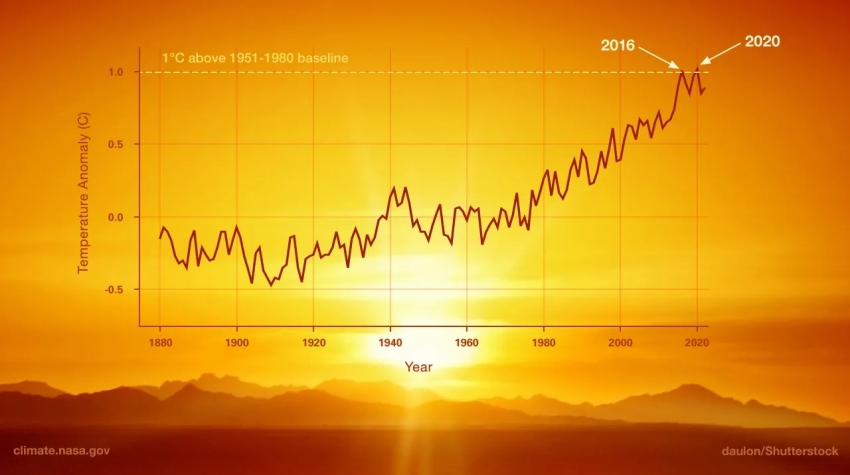In the July 2024 Global Climate Report released on August 12th, 2024, NOAA's National Centres for Environmental Information calculated July's globally averaged temperature was 2.18 degrees Fahrenheit above the 20th century average, just 0.05 degrees warmer than last July 2023, the previous warmest in their dataset dating to 1850.
Saint Lucia’s Met Services Director, Andre Joyeux, explains the serious health and environmental implications of this increasing heat trend.
“You’d find a lot of vectors performing better at these temperatures, especially the mosquitoes. The threshold temperatures where they would breed fastest would be more available to them. You’d find respiratory problems as well,” he explained.
The National Oceanic and Atmospheric Administration (NOAA) also said because July is typically the planet's warmest month, it's "more likely than not" July was the planet's warmest single month in their 175-year database.
The streak: July was the 14th straight month that Earth set a new warmth record for that month in both NASA and NOAA's data, a streak that started in June 2023.
Alaska, southern South America, eastern Russia, Australia and western Antarctica were the only areas to not see abnormally high temperatures last month.
According to NOAA, there is also a 100% chance that 2024 will rank in the top five warmest years on record.


